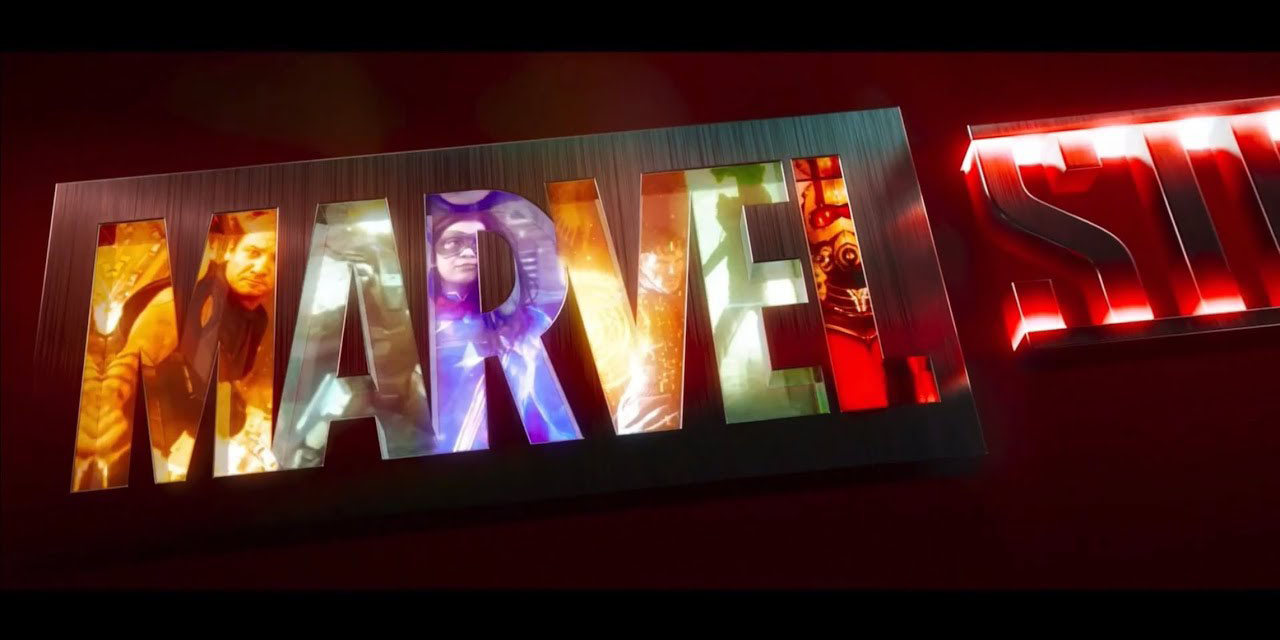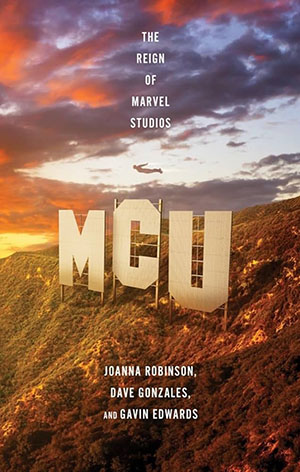
Josh Reviews MCU: The Reign of Marvel Studios

I’m a huge Marvel comics fan, and I’ve been all-in on the MCU films ever since Iron Man blew me away back in 2008. Here finally was a superhero film that worked on all cylinders. It was adult but also enjoyable for all ages. It had a phenomenal cast of truly talented actors. It had spectacular, ground-breaking visual effects. Most importantly, while the filmmakers made LOTS of changes to the source material in order to make the characters and conceits work as a movie, they were, at the same time, remarkably respectful of the original comic book source material. When Iron Man appeared on screen, he looked and acted just like Iron Man should! This was amazing.
I’m all in on a book designed to explore the messy real story of how the MCU was created and how it’s been run for the past decade and a half. MCU: The Reign of Marvel Studios is a fun read! I’m fascinated to explore the history of Marvel Studios. There are times when the book is more superficial than I’d have hoped, and a few instances in which I felt the book was only telling one side of a more-complicated story. But I enjoyed reading this book, and it’s an easily recommendation to any MCU fans out there.
I enjoyed the thorough way in which the book traced the slow, complicated birthing process that resulted in Marvel Studios. So many things could have so easily gone wrong!!! The book has a clear structure, broken down into sections charting the creation of Marvel Studios and then each subsequent phase of movies (and eventually also TV shows). It’s a great deal of fun to relive the journey of the MCU, from movie to movie, and to dig into the gossipy, behind-the-scenes drama of each project.
I’m a pretty knowledgeable MCU fan, so I already knew a lot of these stories, but the book contained some tidbits that were news even to me. For instance, I was fascinated to discover that Rebecca Hall’s character was originally supposed to have been the villain in Iron Man 3, until a dictate from Marvel corporate (led by Ike Perlmutter) decreed the villain had to be male. What a shame, and what a fascinating explanation of why her character’s story feels only half-baked in the released version of the film.
The book has a very negative view of the “Creative Committee” that was assembled in the early days of the MCU to help guide the films. In the book, this Committee is depicted as a group of villains under the thumb of Ike Perlmutter and Alan Fine (described as “Perlmutter’s deputy in New York”), who prevented Kevin Feige and the MCU from telling the stories they wanted to tell. For instance, the book says the Creative Committee prevented Marvel Studios from making films with leading roles for women, because the Committee “clung to the belief that female superheroes wouldn’t move merchandise.” Now, everything I’ve read about Marvel indicates that I think the authors are correct in their negative view of Ike Perlmutter. (I don’t know as much about Alan Fine.) But I think they’re only telling one side of the story with relation to the Creative Committee. Other members of the Committee include important creators of the Marvel comics, such as Joe Quesada and Brian Michael Bendis. I’ve been listening for years to Bendis’ stories in interviews (and particularly on the wonderful Word Balloon podcast) about his work with the Creative Committee, and how their efforts were to help ensure that the films stayed true to the core of the characters from the comics. Isn’t this one of the things that sets the MCU films apart from almost everty other superhero film ever made? Isn’t this a key aspect of the MCU’s success?? I think the authors overlook all of that.
(The authors even blame the loss of Edgar Wright as director of Ant Man on the Creative Committee. But 1) many of the examples of notes the Creative Committee is reported as giving on Mr. Wright’s draft of the script make perfect sense to me. For instance, I think they were correct in suggesting that, if Hank Pym was active decades earlier as Ant Man, wouldn’t S.H.I.E.L.D. have contacted him? And 2) I don’t see any examples in this book — or in what limited info I’ve read elsewhere on the Marvel-Wright breakup — that Kevin Feige and the Marvel Studios team disagreed with those notes! The real source of the breakup seems to have been Marvel’s commissioning of an alternate script, which pissed off Wright, who had been working on a script with Joe Cornish for years. Who actually commissioned that script?? Was Kevin Feige in the loop on that? The book doesn’t say.)
I was glad that the book took the time to explore non-movie, MCU-adjacent developments such as the ABC shows (Agents of S.H.I.E.L.D. and Agent Carter) and the Netflix shows (Daredevil, Jessica Jones, and the others). But for a book that loves juicy gossip, I wish they’d explored more deeply the reasons why Marvel’s movie and TV divisions were so at odds with one another back in those days. I’ve wondered for years what went wrong with The Defenders, the Netflix crossover show that wound up being so lame. I’d hoped the book might shed some light on that, but they gloss over that show in a few paragraphs.
In discussing Sony’s failed Amazing Spider-Man films (which eventually led to the fantastic and fruitful agreement between Kevin Feige and Amy Pascal for Marvel to take over the Spidey films and bring the web-head into the MCU), there are some extremely juicy, honest quotes from various emails. But how did the authors get access to those emails? If they’re from the infamous Sony hack, I don’t love the authors making use of those private emails here.
The weirdest thing about this book is that it doesn’t really have an ending, because the MCU story is still being told! There have been some cracks in the MCU recently, with aspects of Phase 4 not being received so well. (I think Marvel’s Phase 4 is much better than most people seem to think, and I think much of this piling-on criticism is unfair… but that’s besides the point.) The book’s final chapter addresses some of these Phase 4 issues, but 1) it feels far more superficial than the previous chapters, I’m sure because these events were all going down so soon before the book’s completion and publication, and 2) because we don’t know yet if this is the beginning of the end of the MCU, or just a small bump in the road, the book doesn’t know what conclusions to draw. And so the book just sort of trails off! I think the authors might have been better served ending the book with the triumph of Avengers: Endgame, and saving all the Phase 4 stuff for a sequel.
So yes, I have some complaints, but nevertheless I quite enjoyed reading this book! It was a fun trip back down memory lane, and a wonderful salute to the myriad accomplishments of Kevin Feige and the whole Marvel Studios team. (It even has its own version of a mid-credits scene!!) Reading this book makes me want to go back and re-watch all the films from the start…!
Please support my website by clicking through one of our Amazon links the next time you need to shop! As an Amazon Associate, I earn from qualifying purchases. That means I’ll receive a small percentage from any product you purchase from Amazon within 24 hours after clicking through. Thank you!

Leave a Reply